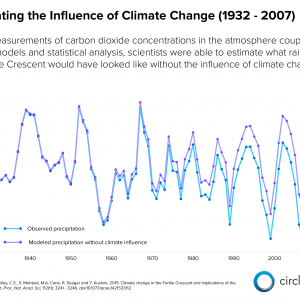The Stream, March 31: Study Predicts Doubling Of Sea Level Rise
The Global Rundown
A new study found that the amount of global sea level rise by 2100 could be double what was previously estimated. A different study predicted that 1 billion people in Asia will face water shortages by mid-century. A U.S. federal judge dismissed a lawsuit by Indian communities against the World Bank over a water-polluting power plant, while the U.S. Supreme Court seems ready to support property owners’ rights to challenge permit requirements under the federal Clean Water Act. A drought in Venezuela continues to create water and power shortages.
“This is a fight for our lives and livelihood. We believe we will prevail.” –Gajendrasinh Jadeja, head of Navinal Panchayat, a community in India that is a party to a lawsuit against the World Bank over its funding for a power plant that the plaintiffs say contaminated groundwater supplies. A U.S. federal judge ruled last week in the bank’s favor, but the plaintiffs plan to appeal. (Reuters)
By The Numbers
1 billion people Number in Asia who could face significant water shortages by 2050, mostly due to socioeconomic changes, according to a study by researchers at the Massachusetts Institute of Technology. CNBC
20 minutes Amount of time, three times daily, that water is available in some areas of Caracas, Venezuela. The country is also experiencing electricity shortages due to a drought that has cut hydropower supplies. Guardian
Science, Studies, And Reports
Global sea levels could rise two meters by 2100, double the amount previously estimated by the United Nations, according to a new study published in the journal Nature. The study found that if carbon emissions are not cut, large amounts of ice in Antarctica could destabilize and melt. Guardian
On The Radar
A case before the U.S. Supreme Court aims to allow property owners the right to challenge determinations made by the federal government that they need permits under the federal Clean Water Act. The court seems poised to side with the property owners. Reuters
A news correspondent for Circle of Blue based out of Hawaii. She writes The Stream, Circle of Blue’s daily digest of international water news trends. Her interests include food security, ecology and the Great Lakes.
Contact Codi Kozacek





Leave a Reply
Want to join the discussion?Feel free to contribute!